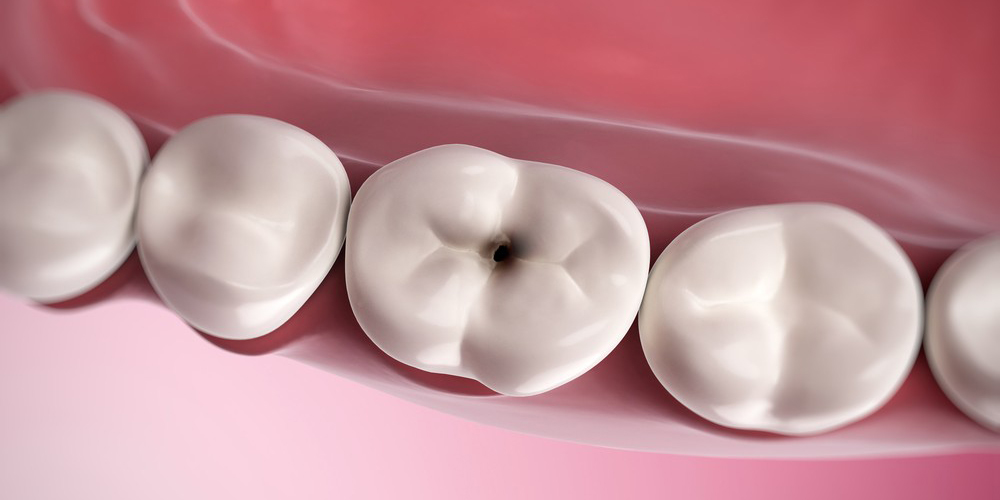Tooth decay, the disease that causes small holes to form in your teeth, affects a little over 90% of adults in the United States. It’s also the leading chronic disease among school-aged children. Despite its prevalence, tooth decay and cavities are highly preventable, and when patients understand the disease and how to protect their teeth from it, the chances of successful prevention are drastically increased. If a cavity develops and progresses far enough, however, then the decaying tooth may need extensive treatment, or an extraction, to restore your good dental health.
How Tooth Decay Causes Cavities
Tooth decay is a progressive disease, and its first stage, known as acid erosion, destroys the enamel surrounding your teeth. Oral bacteria are a constant presence in your mouth, and over 600 kinds of mouth germs have already been identified. Some of these germs, which contribute to sticky dental plaque, consume sugar and convert it into acid, which it then excretes over the surfaces of your teeth. The acid weakens your tooth enamel and depletes the minerals it requires to regain strength. Once compromised, enamel can no longer protect your tooth from the infectious bacteria that cause decay and leave cavities, or holes, in their wake.
Prevent Tooth Decay and Cavities
Brushing and flossing your teeth, as well as visiting your dentist at least once every six months for a dental checkup and cleaning, are the most effective methods of controlling oral bacteria and the acid they can produce. If tooth decay develops, however, then treating it depends on the severity of the damage. Typically, the infected tooth structure can be excavated and replaced with a dental filling. In severe cases, a root canal procedure may be required to prevent the spread of infection and save your tooth from destruction. If an abscess, or pocket of infection, forms on the tooth’s root underneath the gum line, or if enough of the tooth’s structure is destroyed, we may recommend extracting the tooth to avoid the risk of injury to the surrounding jawbone and periodontal tissues.
To learn more, schedule an appointment by calling (203) 878-6699. The specialists at Sensitive Care Cosmetic & Family Dentistry proudly serve patients and their families in Milford, Stratford, West Haven, New Haven, and all surrounding communities.




